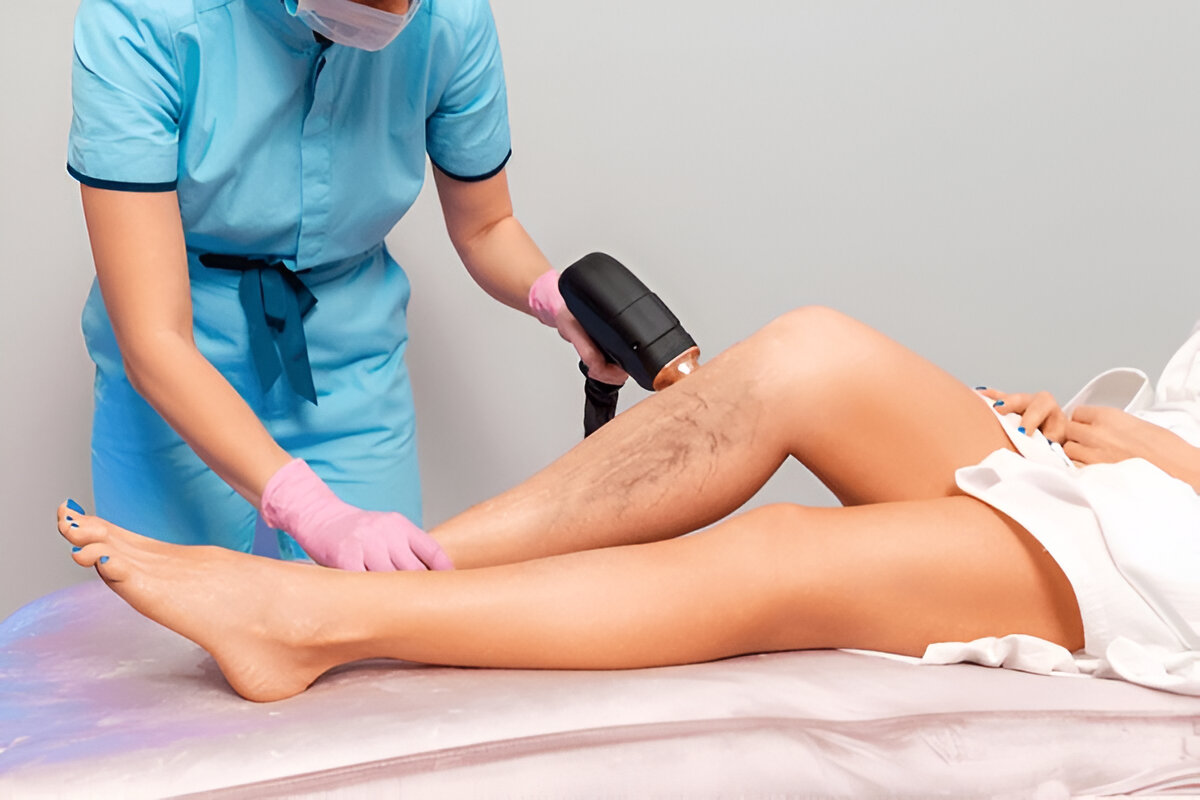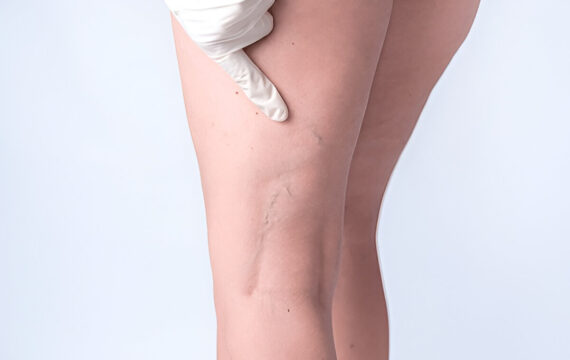Vein-related conditions can significantly affect both your health and confidence. Whether you are dealing with varicose veins, spider veins, or more complex venous issues, seeking effective treatment from a qualified specialist is crucial. Here’s how you can ensure the best care for your veins and what to look for in a top specialist.
Understanding Vein Disorders
Vein disorders occur when the veins in your body struggle to return blood to the heart effectively. Common conditions include:
- Varicose Veins: Enlarged, twisted veins that can cause pain, swelling, and discomfort.
- Spider Veins: Small, thin veins visible on the surface of the skin, often cosmetic but sometimes symptomatic of deeper issues.
- Chronic Venous Insufficiency: A long-term condition where blood pools in the veins due to poor circulation.
- Deep Vein Thrombosis (DVT): A serious condition involving blood clots in deep veins, typically in the legs.
Why You Need a Vein Specialist
Treating vein conditions requires specialized knowledge of vascular health, diagnostic tools, and advanced techniques. A top specialist can:
- Accurately diagnose the underlying cause of your symptoms.
- Recommend a tailored treatment plan.
- Offer minimally invasive procedures with quicker recovery times.
- Monitor long-term vein health to prevent recurrence.
Finding the Right Vein Specialist
When searching for a vein specialist, consider the following:
- Credentials and Experience Look for a board-certified vascular surgeon, phlebologist, or interventional radiologist with extensive experience in treating vein disorders. Certification ensures they have undergone rigorous training and meet high standards of care.
- Technology and Techniques Choose a clinic equipped with state-of-the-art technology. Specialists should offer advanced diagnostic methods like duplex ultrasound and minimally invasive treatments such as:
- Endovenous Laser Therapy (EVLT)
- Sclerotherapy
- Radiofrequency Ablation (RFA)
- VenaSeal™ Closure System
- Patient Reviews and Testimonials Research patient feedback to gauge satisfaction with the specialist’s care. Look for reviews that highlight professionalism, effective treatments, and positive outcomes.
- Personalized Care The right specialist will take time to understand your symptoms, medical history, and concerns. A personalized approach ensures your treatment plan aligns with your needs and lifestyle.
Steps to Begin Treatment
- Consultation: Schedule an initial consultation to discuss your symptoms and undergo diagnostic tests.
- Treatment Options: Review the recommended options with your specialist to understand the benefits and risks.
- Follow-Up Care: Regular follow-up appointments help ensure long-term success and address any recurrence early.
Benefits of Early Treatment
Addressing vein conditions promptly can:
- Relieve pain and discomfort.
- Prevent complications like ulcers or blood clots.
- Improve circulation and overall leg health.
- Boost your confidence by restoring the appearance of your legs.
Conclusion
Finding an effective vein treatment starts with selecting a top specialist who prioritizes your health and well-being. By focusing on credentials, technology, and personalized care, you can achieve optimal results and regain your confidence. Don’t let vein issues hold you back—take the first step toward healthier veins today.




